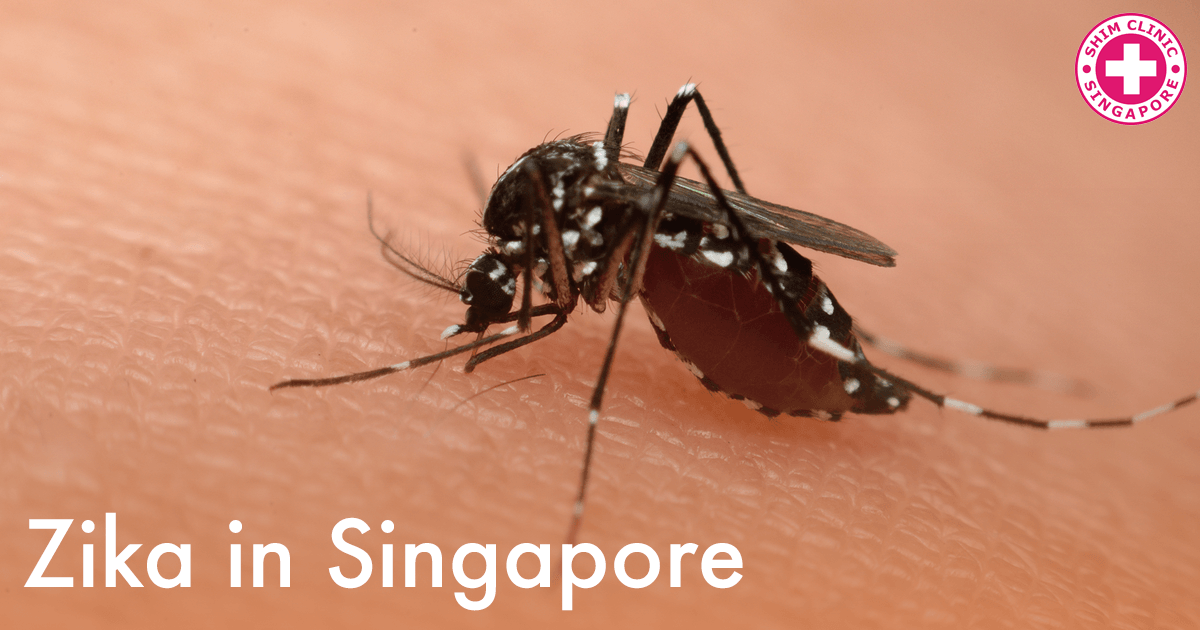41 locally-transmitted cases of the Zika virus have been identified in Singapore, according to authorities. The cases were reported mostly among foreign construction workers. All these cases have been reported in the same area in the south-east of Singapore.
Authorities say that more cases are expected. According to Singapore’s National Environment Agency (NEA), the virus is believed to have been transmitted locally because none of the 41 patients had recently travelled to other affected areas across the globe.
The first Zika case to be reported in Singapore has been linked to a 47-year-old woman from Malaysia, living in Aljunied Crescent. The virus was confirmed by CDC on Saturday 27th. Area residents are calling upon the government for action to prevent further transmission.
Medical services in Singapore are on high alert for any patients with symptoms of the Zika virus. Because Singapore is a tourism hub and more Singaporeans are expected to travel the world, it’s no doubt that there will be more cases of Zika reported in Singapore both locally and internationally transmitted.
Ministry of Health and NEA have stepped up preventive measures to curb transmission. The government promised to isolate suspected cases of Zika virus as they await blood test confirmation.
Team Singapore Rio Athletes and Officials not Infected by Zika
There was relief after it was reported that Singapore athletes and officials who participated at the recent Rio Olympics were safe from Zika and did not show any symptoms. The Singapore National Olympic Council (SNOC) confirmed this news after the first case of a locally-transmitted Zika infection was reported.
The council, however, said that they were keeping a close watch on the athletes and officials just to monitor them for any future symptoms such as headaches as a symptom of HIV, fever, joint pain, rash and fatigue for the next three weeks.
What is the Zika virus?
The World Health Organisation (WHO) has confirmed that 67 countries and territories have reported cases of Zika virus transmission. The Zika virus is more prevalent across the Americas and poses a higher risk to pregnant women as it’s believed to cause severe birth defects including microcephaly in the unborn fetuses. Microcephaly causes the child to be born with an abnormally small brain and head.
The first ever case of Zika was found in a middle-aged man who had travelled to Brazil. WHO then declared the Zika outbreak a public health emergency in February this year. The virus is transmitted by the bite of an infected Aedes mosquito. This type of mosquito is also known to carry the Chikungunya and Dengue viruses.
The virus is also believed to be an STD as it can also be transmitted sexually from an infected person to their partners. This could be through vaginal, anal and oral sex as well as sharing sex toys. Zika can still be passed through sex even when the patient is not showing any symptoms at the time. Studies have shown that the virus can remain in semen way longer than in other body fluids such as blood, vaginal fluids and urine.
Zika can cause a viral fever similar to dengue or chikungunya. Other symptoms include headaches, skin rashes and body aches. Unfortunately, most people with the Zika virus will not develop any symptoms or will only experience a mild discomfort.
Currently, there’s no cure or a vaccine that can prevent Zika infection. The only treatment available is for relieving the symptoms. Patients are advised drink to drinks lots of fluids, catch lots of rest, and use common medications to relieve pain.


Pingback: News: Hugs, HIV Tests and Condoms part of Olympics Campaign